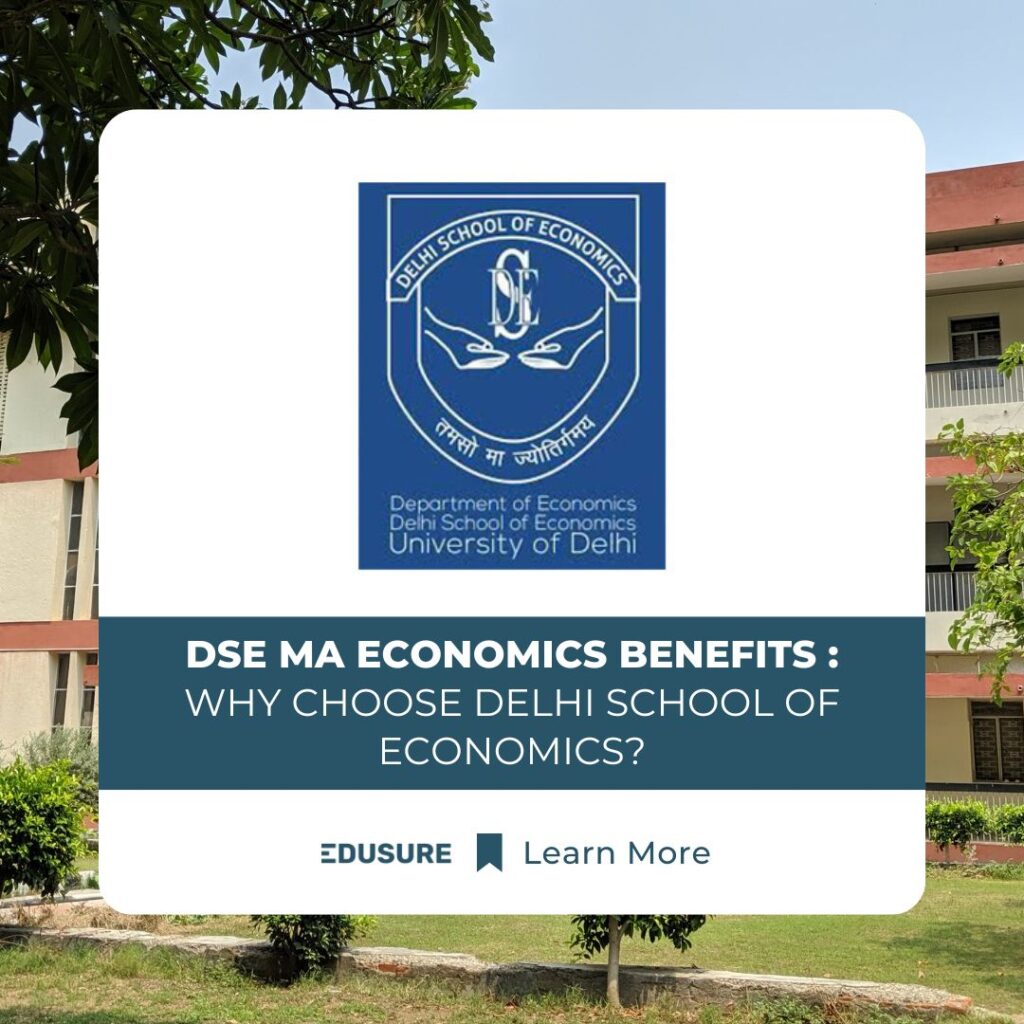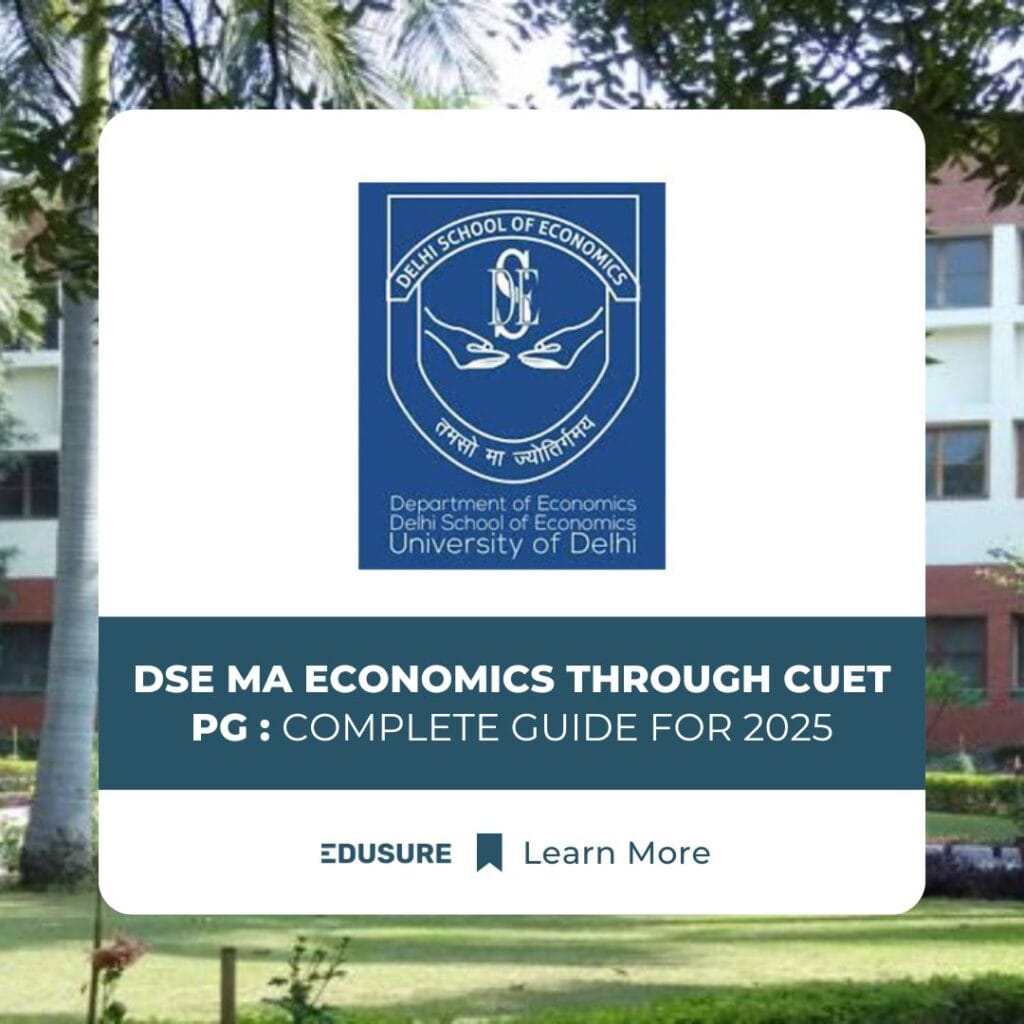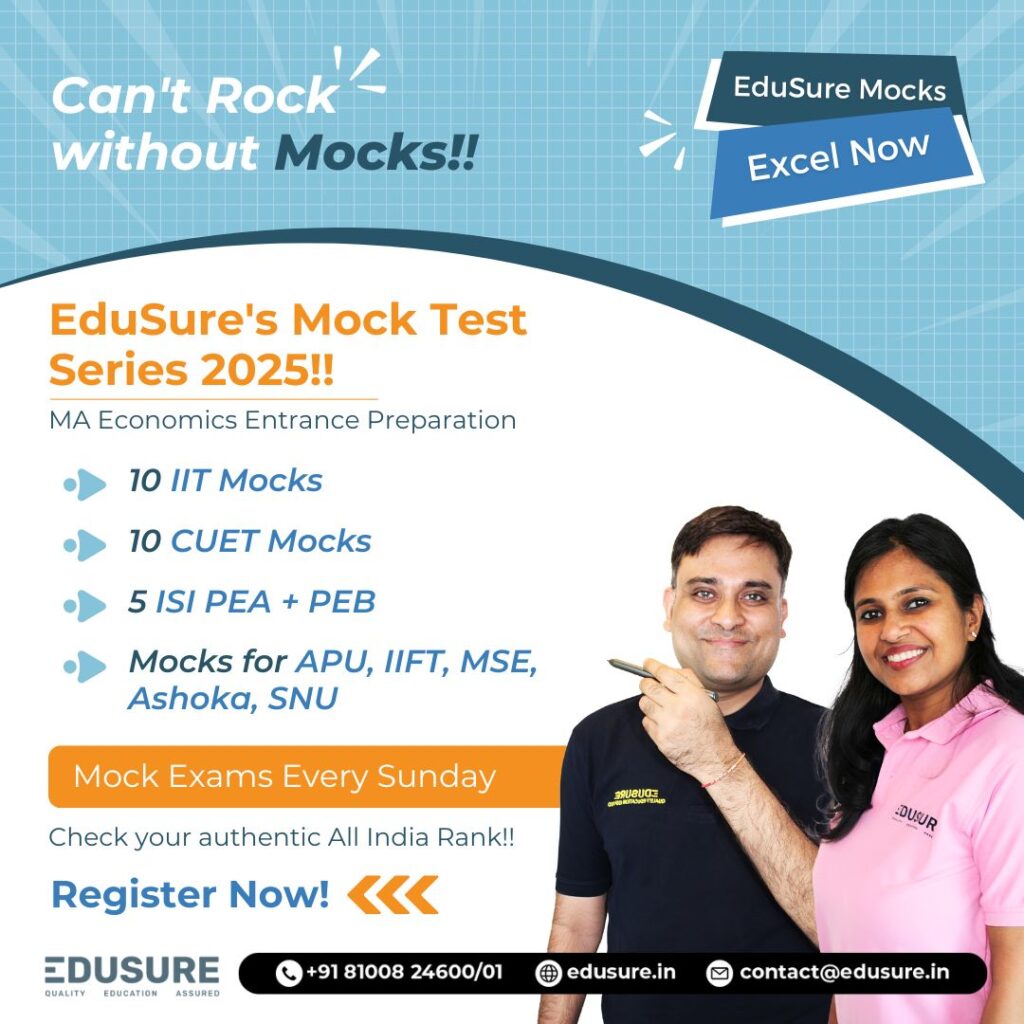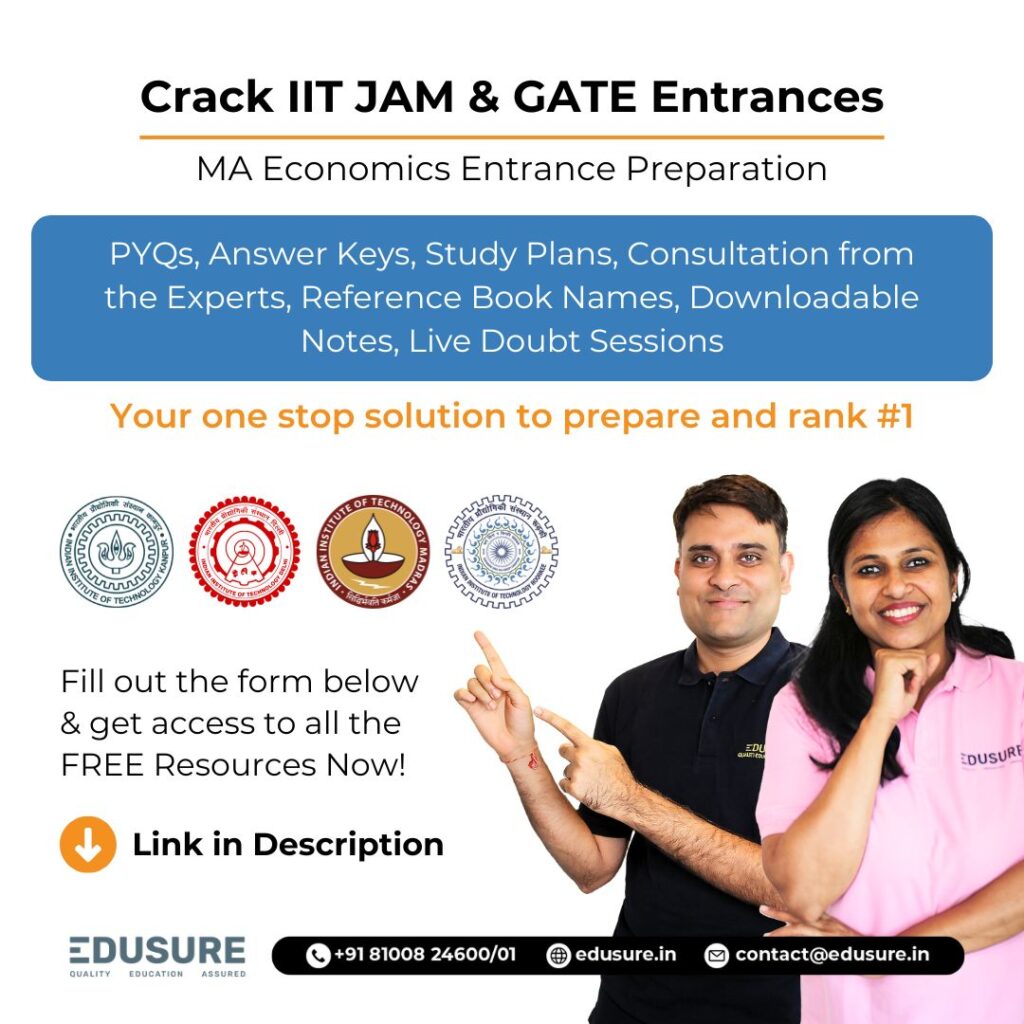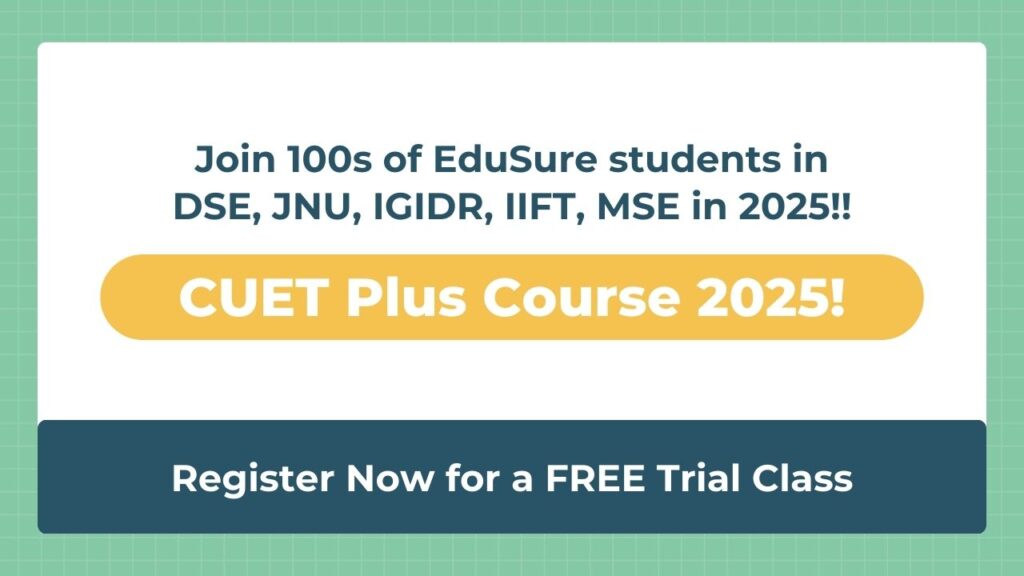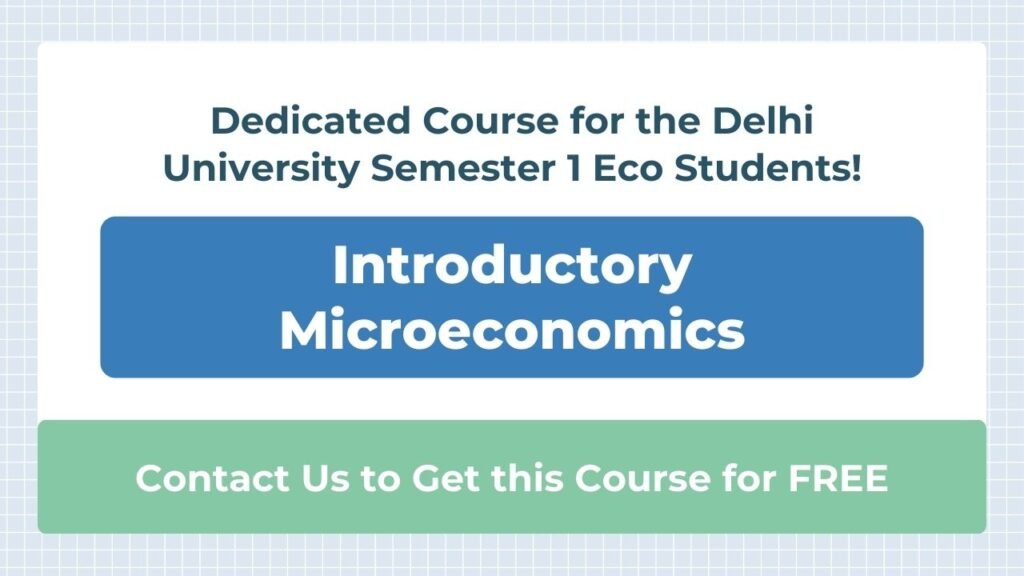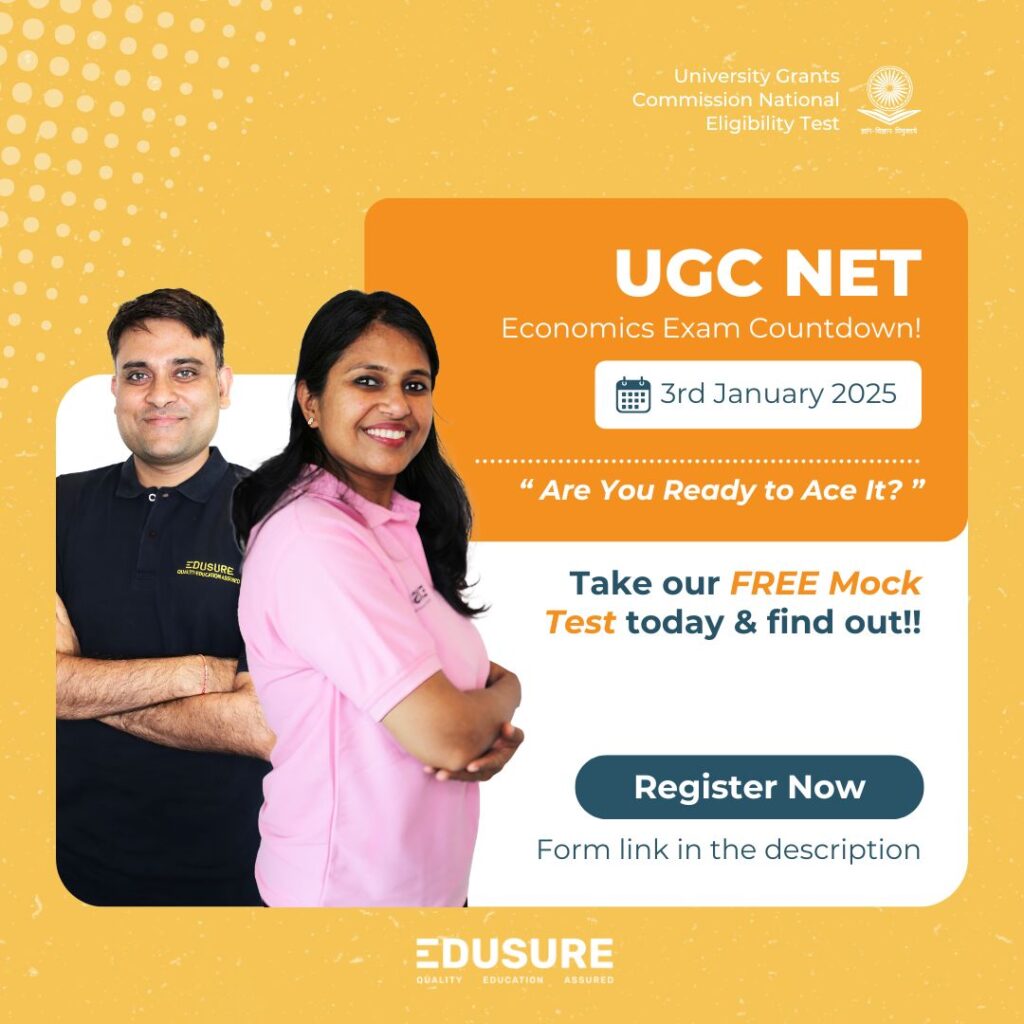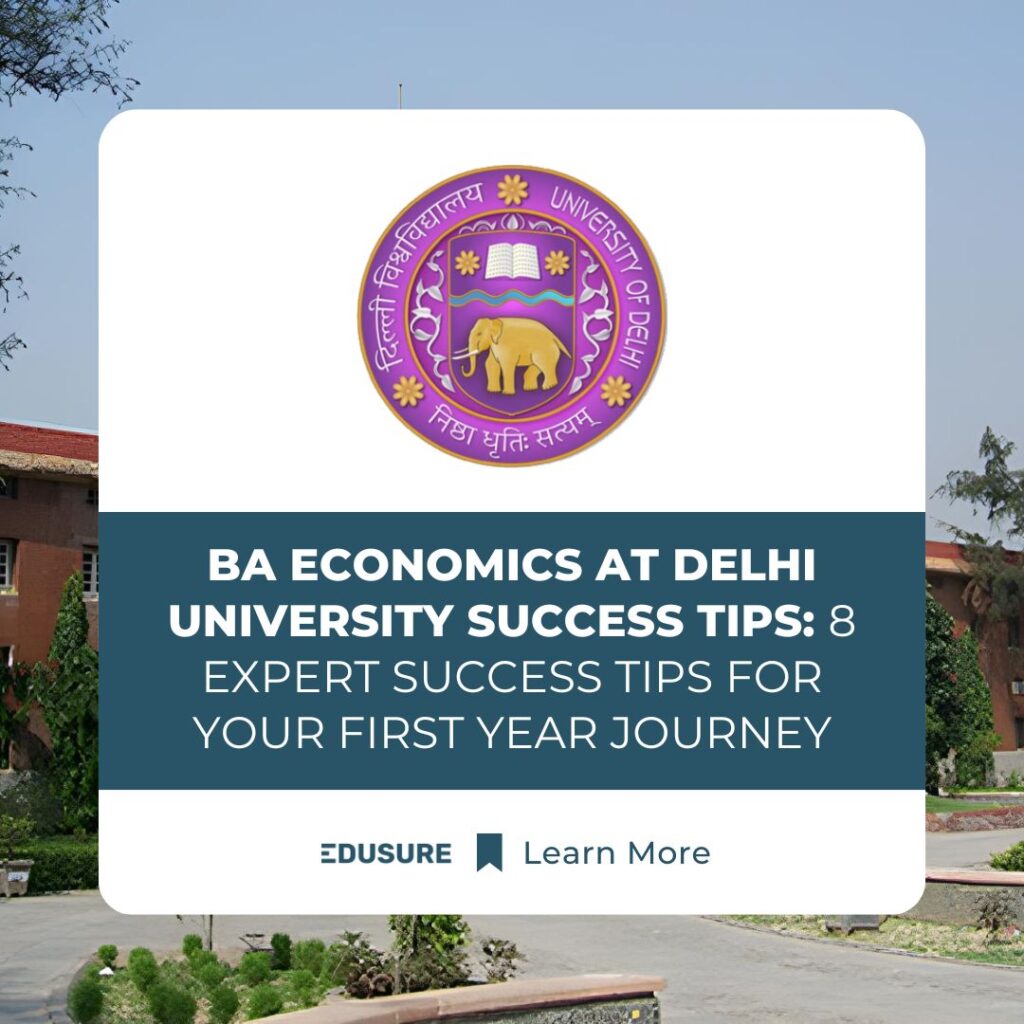
GATE Syllabus : IIT GATE 2025 Economics Entrance Exam Details
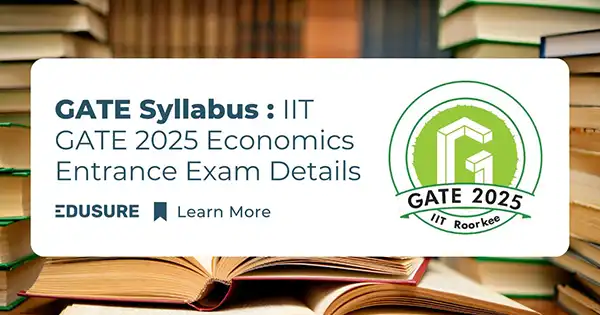
Complete IIT GATE Syllabus for 2025 is provided here. If you’re considering applying for the IIT GATE 2025 in Economics, it’s essential to stay informed about key details that can impact your preparation. The Graduate Aptitude Test in Engineering (GATE) 2025 will be conducted by IIT Roorkee as a computer-based test (CBT). This blog shall cover the Syllabus, Paper Pattern and Past Years Papers of IIT GATE 2025 Economics.
IIT GATE Syllabus 2025 Economics
Ability to understand complex language material in short paragraphs and answer questions regarding them.
Questions on stylistic and rhetorical aspects of a short passage including corrections or modifications of particular sentences.
Ability to understand relationships in statements or short passages and being able to draw reasonable conclusions/inferences from them.
Thinking critically to evaluate or to predict an argument, identify the main and supporting arguments, predict outcomes etc.
Microeconomics
Cardinal Approach and Ordinal Approach; Consumer Preferences; Nature of the utility function; Marshallian and Hicksian demand functions; Duality Theorem. Slutsky equation and Comparative Statics. Homogeneous and Homothetic Utility Functions; Euler’s Theorem
Weak Axiom of Revealed Preference and Strong Axiom of Revealed Preference
Short-run and Long-run Analysis, Existence and Stability of Market Equilibrium: Walrasian and Marshallian Stability Analysis. The Cobweb Model, Decision making under uncertainty and risk.
Adverse Selection and Moral Hazard. Theory of Agency costs.
Constant sum game, Mixed Strategy & Pure Strategy, Bayesian Nash Equilibrium, SPNE, Perfect Bayesian Equilibria.
Market Structures — Competitive and Non-competitive equilibria and their efficiency properties. Structure-Conduct-Performance Paradigm
Marginal productivity, Theory of Distribution in Perfectly Competitive markets, Theory of Employment in Imperfectly Competitive Markets — Monopolistic Exploitation, General Equilibrium Analysis.
Externalities, public goods and markets with asymmetric information (adverse selection and moral hazard)
Fundamental Theorems, Social Welfare Function. Efficiency Criteria: Pareto-Optimality.
Macroeconomics
Closed Economy Concepts and Measurement and Open Economy Issues
Classical & Keynesian Framework
Absolute Income Hypothesis, Relative Income Hypothesis, Life Cycle Hypothesis, Permanent Income Hypothesis and Robert Hall’s Random Walk Model;
Investment Function Specifications – Dale Jorgenson’s Neoclassical Theory of Capital Accumulation and Tobin’s, Keynesian Stabilization Policies, (Autonomous) Multipliers and Investment Accelerator, Demand and Supply of Money, Components of Money Supply, Liquidity Preference and Liquidity Trap;
Money Multiplier, Interest Rate determination, Central Banking, Objectives, Instruments (Direct and Indirect) of Monetary Policy, Prudential Regulation, Quantitative Easing (Unconventional Monetary Policy), Commercial Banking, Non-Banking Financial Institutions, Capital Market and its Regulation
Augmented Phillips Curve, Real Business Cycles, Adaptive Expectations Hypothesis, Rational Expectation Hypothesis and its critique.
IS – LM Model and Mundell Fleming Model: Monetary and Fiscal Policy Efficacy. The Impossible Trinity.
Indian Economy
Pattern and Structure
Pattern & Structure of Growth, Major Challenges, Policy Responses
Issues, Challenges & Policy Responses, Flow of Foreign Capital, Trade Policies
Physical and Social; Public-Private Partnerships, Reforms in Land, Labour and Capital Markets, Poverty, Inequality & Unemployment,: SRelations and Finance Commissions of India;
Fiscal Policy in the Indian context, Structure of Receipts and Expenditure, Tax reforms-Goods and Services Tax, Issues of Growth and Equity, Fiscal Federalism;
Centre-State Financial Sustainability of Deficits and Debt, The Fiscal Responsibility and Budget Management Act 2003, Demonetization and aftermath. India’s balance of payments, Composition of India’s Trade, Competitiveness of India’s exports, India’s exchange rate policy.
Development Economics
: Adam Smith, David Ricardo, Karl Marx, J. Schumpeter, W. Rostow, Balanced & Unbalanced Growth, Big Push Approach,
HDI, SDGs, MDGs, Poverty and Inequalities – Concepts and Measurement Issues,
Health, Education, Gender, Fertility, Morbidity, Mortality, Migration, Child Labor, Age Structure, Demographic Dividend
Harrod-Domar, Solow, Ramsey, Technical progress – Disembodied & Embodied, Endogenous Growth Models
Public Economics
Asymmetric Information, Public Goods, Externality, Regulation of Market – Collusion and Consumers’ Welfare
Tax & Non-Tax Revenue, Direct & Indirect Taxes, Progressive and non-Progressive Taxation, Incidence and Effects of Taxation, Public expenditure, Public Debt and its management, Public Budget and Budget Multiplier, Tax Incidence, Fiscal Policy and its implications, Environment as a Public Good, Market Failure and Coase Theorem, Cost-Benefit Analysis.
Theories of International Trade, International Trade under Imperfect Competition, Gains from Trade, Terms of Trade, Trade Multiplier, Tariff and Non-Tariff barriers to trade; Dumping and Anti-Dumping Policies, GATT, WTO and Regional Trade Blocs; Trade Policy Issues, Balance of Payments: Composition, XH: Humanities and Social Sciences Equilibrium and Disequilibrium and Adjustment Mechanisms, Foreign Exchange Market and Arbitrage, Exchange rate determination, IMF & World Bank.
Statistics, Econometrics and Mathematical Economics
Concepts of probability, Probability Distributions [Discrete and Continuous], Central Limit Theorem
Index Numbers and Construction of Price Indices, Sampling Methods & Sampling Distribution, Statistical Inferences, Hypothesis Testing, Linear Regression Models and the Gauss Markov Theorem, Heteroscedasticity, Multicollinearity and Autocorrelation, Spurious regressions and Unit roots, Simultaneous Equation Models – recursive and non-recursive, Identification Problem
Matrices, Applications of Cramer’s Rule, Static Optimization Problems and Applications, Input-Output Model, Linear Programming
Differential Calculus and its Applications, Difference equations and Differential equations with applications
The above table has all the information on the IIT GATE Syllabus for 2025 Economics Entrance Exam.
Looking for IIT GATE Economics 2025 coaching for Masters in Economics Entrances? You are in the RIGHT place! Click here and reach out to us now.
Paper Pattern of IIT GATE 2025 Economics Syllabus
Exam Pattern | 10 Questions (General Aptitude) + 55 Questions (Reading and Comprehension + Economics) |
Marking Scheme | Total: 100 Marks, All questions will be worth 1 or 2 marks |
Negative Marking | For a wrong answer chosen in a MCQ, there will be negative marking. |
Exam Duration | 180 minutes |
Past Years Papers for IIT GATE 2025 Economics Syllabus
Click here to access the past year papers along with solutions for IIT GATE 2025 Economics.
For more details, please visit gate2025.iitr.ac.in.
Want video lessons for the IIT GATE 2025 Syllabus for easy studying? Get a FREE Trial Class and access EduSure’s Student Portal with 2500+ videos for complete preparation. Contact us Now.
Don’t miss out on becoming the RANK 1! Get the right IIT JAM Coaching and IIT GATE Coaching for your preparation. Click here and take your first step.
You may also be interested in the other blogs about IIT GATE on our website – where we have covered other details like important dates, application fees, eligibility and institutes you can get into.
Suggested for you
EduSure has one of the best and the most structured programmes to crack the Masters in Economics Entrance Exams. It’s a 12-year-old Institute with students having Rank 1 in DSE, JNU, IGIDR, and IIT amongst other exams consistently in the last few years.
To see student testimonials of EduSure and hear about their success : www.youtube.com/edusureschool
To speak to an EduSure student counsellor, please fill out this Enquiry Form or call on 8100824600/01
For course enrolment, drop in your details on https://edusure.in/contact/ and we shall get back to you!
Ask a Question: edusureschool@gmail.com
Subscribe: https://www.youtube.com/c/EduSureSchool
Instagram: https://www.instagram.com/edusureschool/
Quora: https://www.quora.com/profile/EduSure-School
Facebook: https://www.facebook.com/Edusure?mibextid=ZbWKwL
We hope this was helpful.
Happy Learning!!
Recent Posts
Explore Our Courses
Colleges, seats, syllabus and more!
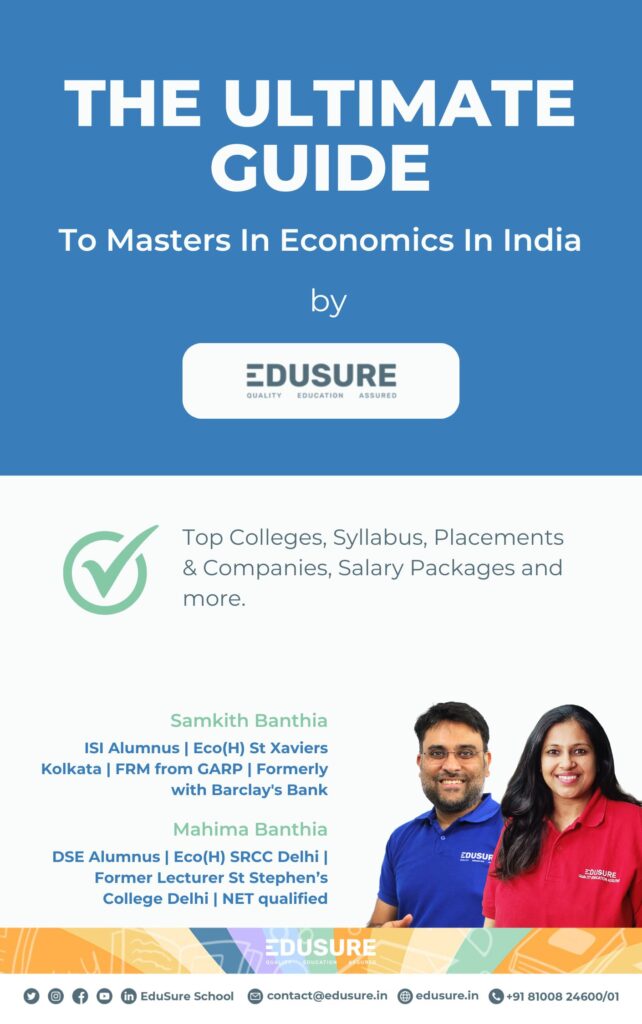
Full information PDF on MA Economics Entrance preparation in India
MA Economics Admissions Guidance: Free Counselling
Get personalized advice on the best coaching for an MA in Economics. Click below to schedule a FREE counseling session with our expert advisors and explore available slots today!
Get Instant College Updates!
Follow Us Now on

